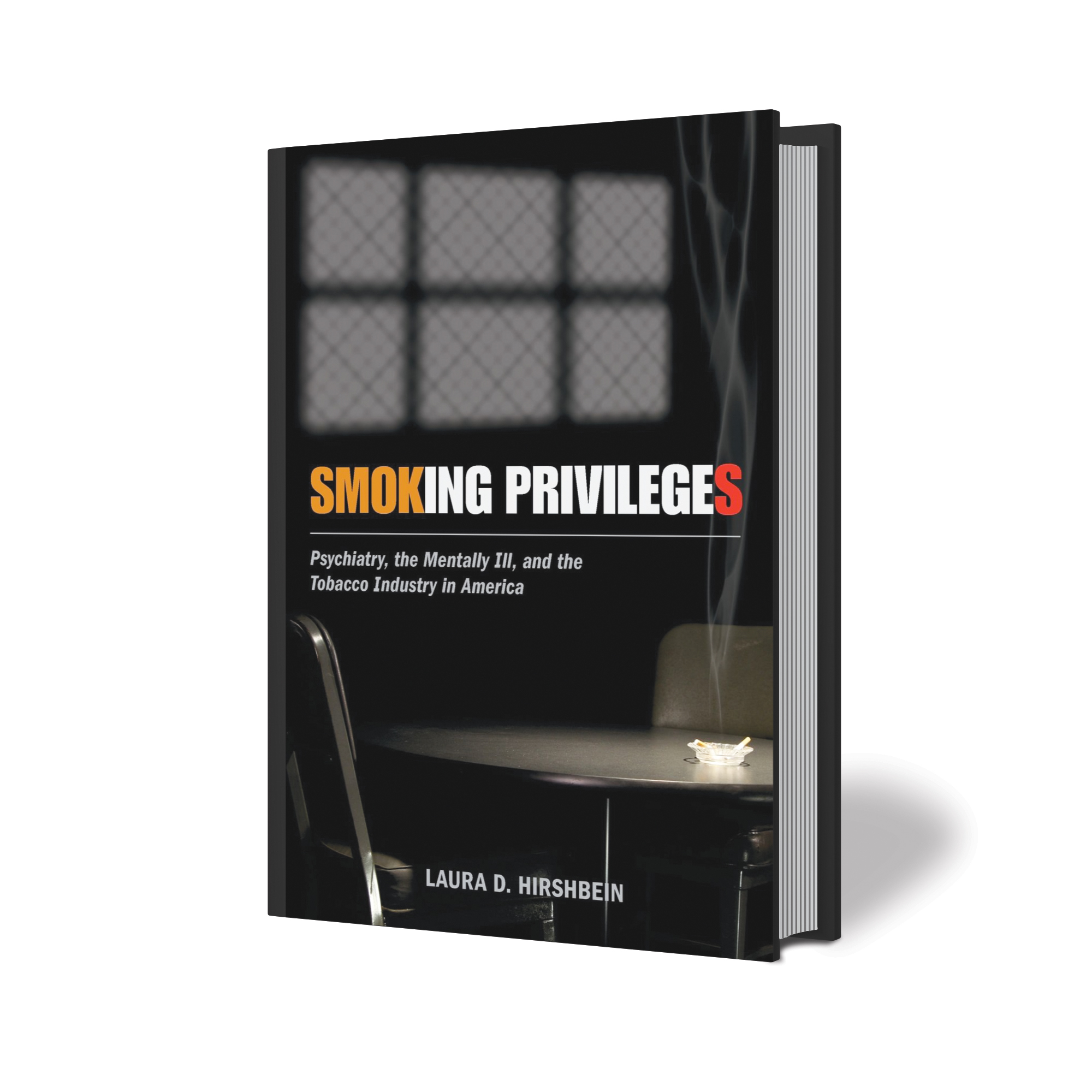
You can hardly look at a pack of cigarettes anymore without being assaulted by warnings about cancer and images of tar-clogged, desiccated lungs. But two new books examine two settings where the impulse to suck smoke remains strong.
Thirty-one percent of all cigarettes in the United States are smoked by mentally ill people. In Smoking Privileges: Psychiatry, the Mentally Ill, and the Tobacco Industry in America, psychiatrist Laura D. Hirshbein notes that smoking among mental patients was once encouraged: Psychiatric hospitals doled out cigarettes to patients and cultivated their own tobacco. Hirshbein asks, controversially, whether today’s psychiatric establishment, by embracing the anti-tobacco movement, is failing to serve patients’ interests. Cigarettes lubricate social interactions, she argues, and simplify life by structuring it around a single glowing focal point, a port in a psychological storm. Quitting is onerous, even for the mentally healthy. Why, Hirshbein asks, should psychiatrists push sick patients through that ordeal?
On college campuses, a different social dynamic is hooking a new generation of smokers. In Lighting Up: The Rise of Social Smoking on College Campuses, the anthropologist Mimi Nichter finds that fewer college students call themselves “smokers”— a label that in some circles equates with identifying as dumb, unhinged, shameful, or all three. And yet smoking among college students is on the rise, due to “social smokers” (who delude themselves into thinking they can easily quit). Thanks to public health campaigns, we all know cigarettes kill. But teaching about their effects isn’t enough: as with the mentally ill, we need to know what cigarettes mean to those who smoke them.

Submit your response to this story to letters@psmag.com. If you would like us to consider your letter for publication, please include your name, city, and state. Letters may be edited for length and clarity, and may be published in any medium.
For more from Pacific Standard on the science of society, and to support our work, sign up for our email newsletter and subscribe to our bimonthly magazine, where this piece originally appeared. Digital editions are available in the App Store (iPad) and on Zinio (Android, iPad, PC/MAC, iPhone, and Win8), Amazon, and Google Play (Android).




